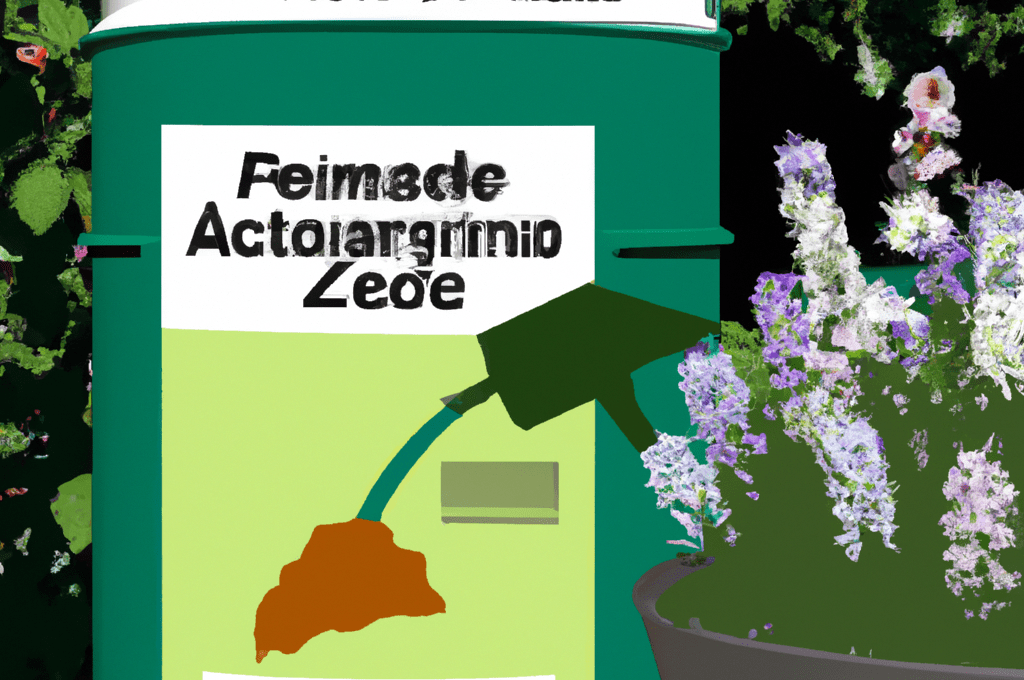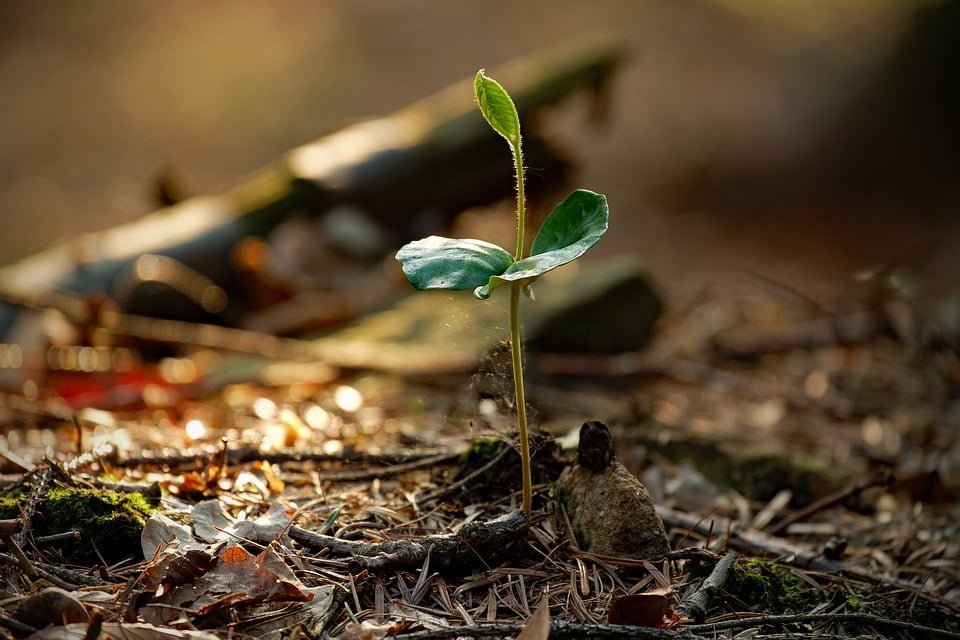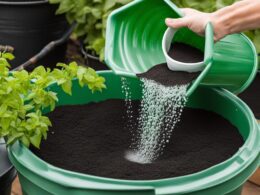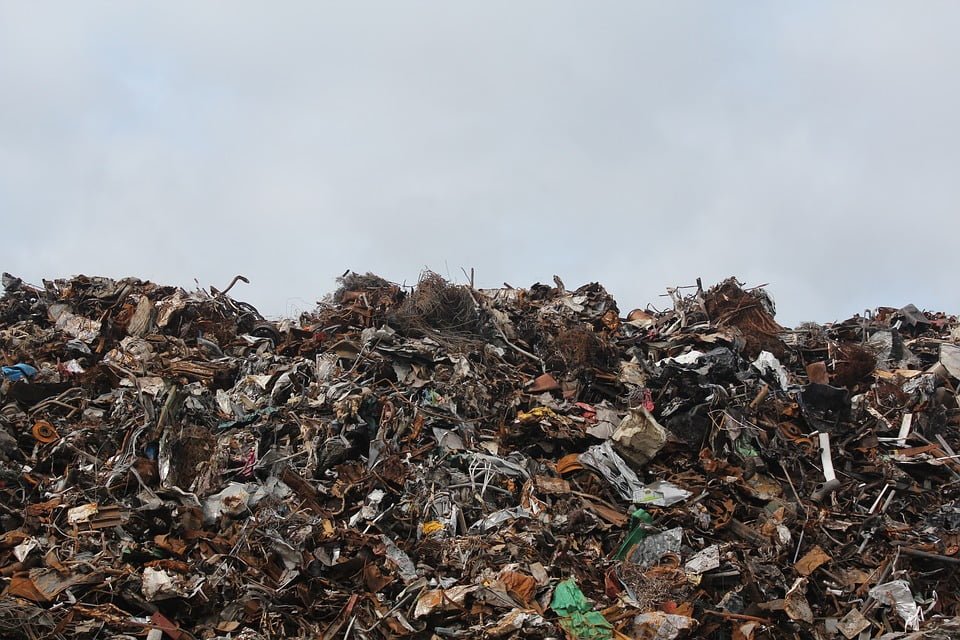Are you a gardener looking to dispose of old or excess fertilizer? It’s important to be mindful of how you dispose of it, as simply tossing it in the trash can harm plants and soil conditions, and the harmful effects of fertilizer on waterways and aquatic life can be devastating.
By following safe disposal methods, you can protect the environment and create a healthier, more sustainable garden.
In this article, we’ll provide you with step-by-step tips on how to dispose of fertilizer safely. We’ll cover the different types of fertilizer, the harmful effects they can have on the environment, and provide you with tips for safe disposal.
By being a mindful gardener and following these tips, you can do your part to protect the environment and create a safe, sustainable garden for years to come.
Quick Summary
- Tossing fertilizer into the trash can harm plants and soil conditions, so it is important to be a mindful gardener when disposing of old or excess fertilizer.
- Chemical and biosolid fertilizer is hazardous waste due to high concentration of nitrogen and phosphorus, and can have harmful effects on waterways and aquatic life.
- Safe ways to dispose of fertilizer include giving it away to other gardeners, checking with local waste management services, watering it down and using sparingly on houseplants or struggling garden plants, and alerting staff at local dump.
- The wrong way to dispose of fertilizer includes dumping it in the yard, garden, or compost, pouring it down the sink or sewer drain, dumping it directly into the trash, allowing children or pets near it, assuming dumping a large quantity in one location is safe, and mixing different types of fertilizers.
Types of Fertilizer
You may already know that there are two types of fertilizer: organic and chemical/biosolid. While organic fertilizers are considered safe for the environment, chemical and biosolid fertilizers can be hazardous waste due to the high concentration of nitrogen and phosphorus.
This is because these nutrients can easily leach into waterways, causing harmful effects on aquatic life. Chemical and biosolid fertilizers can cause algae blooms and excessive weed growth, which can harm aquatic life.
In addition, the high concentration of nutrients in these fertilizers can also lead to excessive plant growth, which can be detrimental to the health of your garden. It’s important to be mindful of the type of fertilizer you’re using and to dispose of it safely to avoid these harmful effects.
Are Weed Burners a Safe Alternative to Killing Weeds in Mindful Gardening?
Are safe and effective weed burners a suitable solution for killing weeds in mindful gardening? While these devices can provide efficient weed control, caution must be exercised. Weed burners, which use high temperatures to eliminate unwanted vegetation, pose potential fire hazards and can harm desirable plants if not used correctly. In mindful gardening, it is important to weigh the risks and benefits before employing weed burners as an alternative weed removal method.
Harmful Effects on Environment
Excessive use of fertilizer can have a significant impact on aquatic life and waterways. This is because the high concentration of nitrogen and phosphorus in chemical and biosolid fertilizers can contribute to the growth of algae and weeds, leading to harmful algae blooms.
This can reduce the amount of oxygen available in the water, which can result in the death of fish and other aquatic life. As a mindful gardener, it’s important to understand the impact of fertilizer on the environment and to practice responsible fertilizer use.
This means using only the amount of fertilizer necessary, following instructions carefully, and disposing of old or excess fertilizer safely. By doing so, you can help to protect our waterways and aquatic life for future generations to enjoy.
Safe Disposal Methods
When disposing of old or excess fertilizer, it is important to consider the potential harm it can cause to the environment and aquatic life. Chemical and biosolid fertilizers, in particular, contain high concentrations of nitrogen and phosphorus that can lead to harmful algae blooms and excessive weed growth in waterways. To avoid these negative effects, it is crucial to dispose of fertilizer properly.
One safe and environmentally friendly way to dispose of excess fertilizer is by incorporating it into a compost pile. Organic fertilizer can be mixed with other compostable materials and turned into nutrient-rich soil for future gardening projects. Additionally, many local waste management services offer household hazardous waste disposal programs that accept old or excess fertilizer. By being mindful and proactive in our fertilizer disposal methods, we can contribute to a healthier environment and reap the benefits of composting.
| Dos | Don’ts |
|---|---|
| Give away excess fertilizer to other gardeners | Dump fertilizer in yard or garden |
| Check with local waste management services | Pour fertilizer down sink or sewer drain |
| Water down and use sparingly on houseplants or struggling garden plants | Dump fertilizer directly into trash |
| Alert staff at local dump | Allow children or pets near excess fertilizer |
By following these safe disposal methods and avoiding the wrong ways to dispose of fertilizer, we can ensure that our gardening practices are not causing harm to the environment. Remember, even small actions like properly disposing of excess fertilizer can make a big difference in protecting our planet.
Frequently Asked Questions
What are some common alternatives to disposing of excess fertilizer?
Don’t throw excess fertilizer in the trash. Instead, compost it with your garden waste. Check with local garden waste management services for disposal options. This helps reduce harmful effects on waterways and aquatic life.
How do different types of fertilizer affect plant growth?
Organic fertilizers nourish soil and stimulate microbial activity, leading to healthier plant growth. Synthetic fertilizers can provide quick results, but may harm soil health over time. Consider organic options for long-term benefits.
Can fertilizer be reused or repurposed in any way?
Yes, fertilizer can be repurposed through composting methods. Excess organic fertilizer can be mixed into compost piles or spread thinly in gardens. This reduces waste and provides valuable nutrients for plants.
Are there any regulations or laws regarding fertilizer disposal?
Fertilizer disposal regulations vary by state and municipality. Improper disposal can harm the environment by contaminating waterways and soil. Always check local guidelines and dispose of fertilizer safely to minimize environmental impact.
How can gardeners prevent over-fertilizing their plants in the first place?
Prevent over-fertilizing by using composting methods and soil testing techniques. Composting recycles nutrients and reduces the need for chemical fertilizers. Soil testing ensures plants receive only necessary nutrients, preventing excess fertilizer from harming plants and soil.









